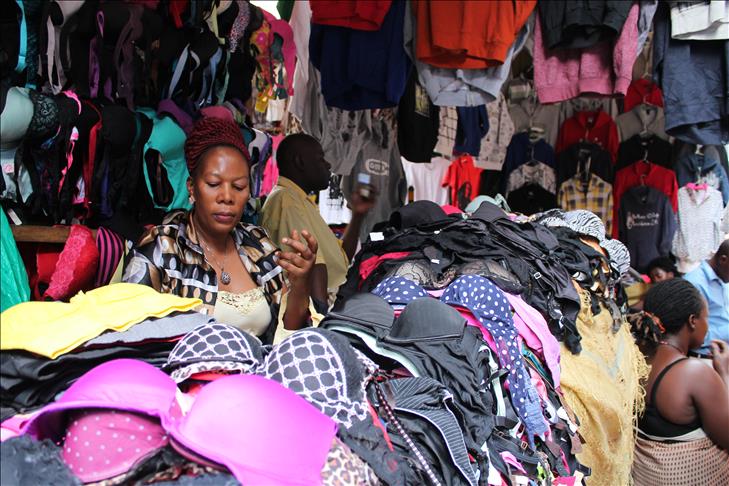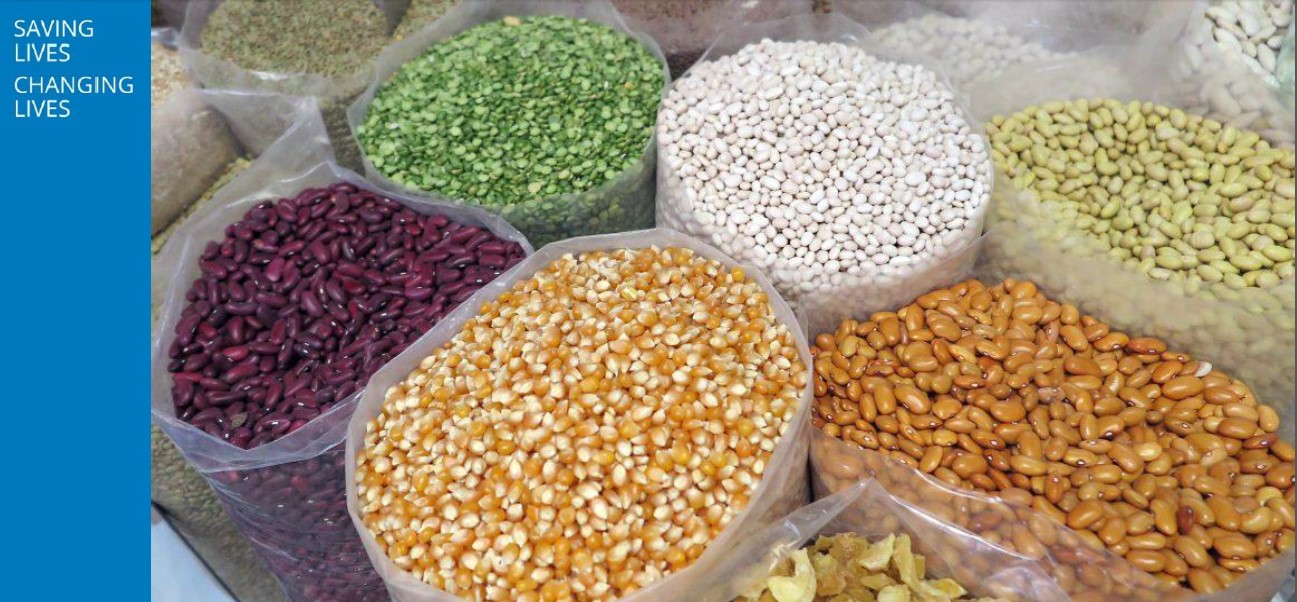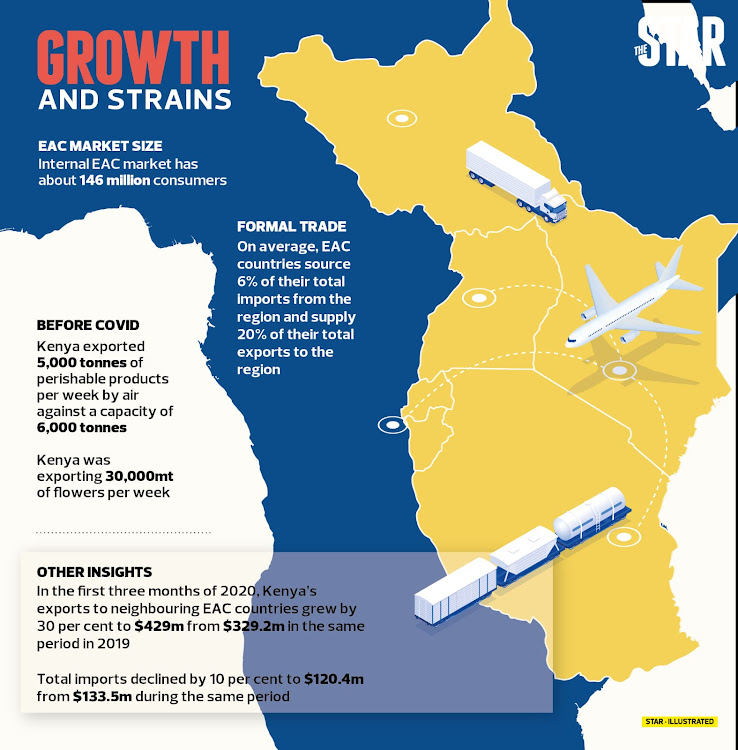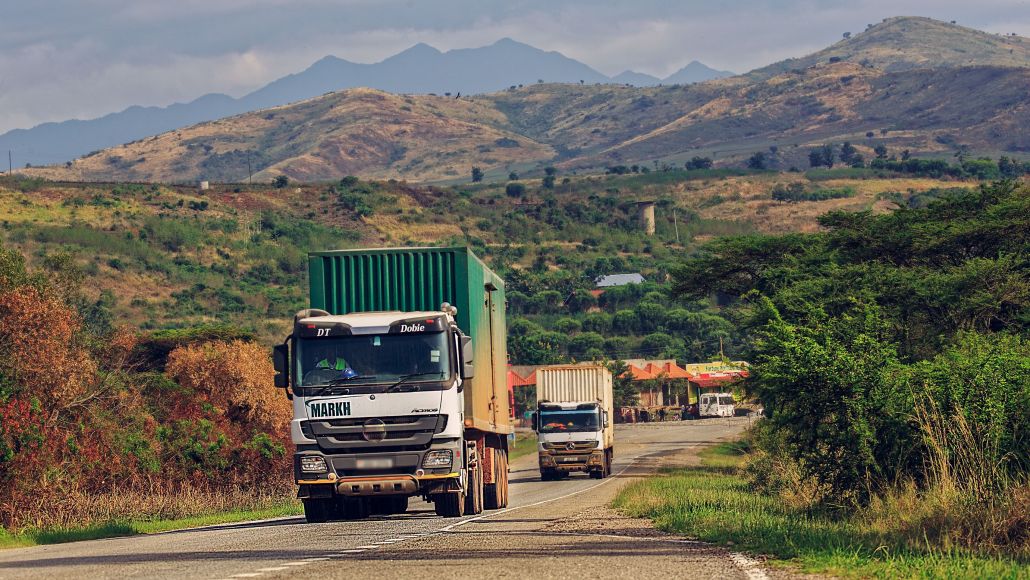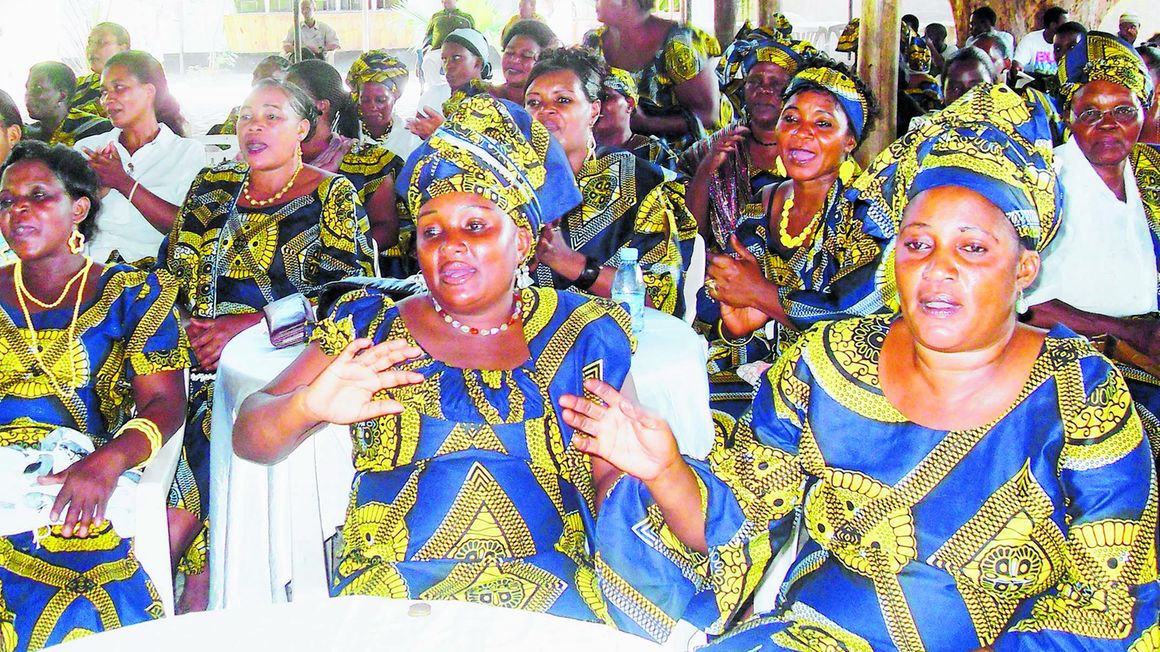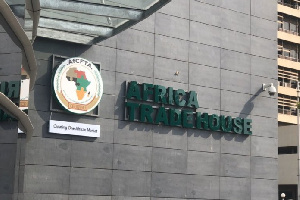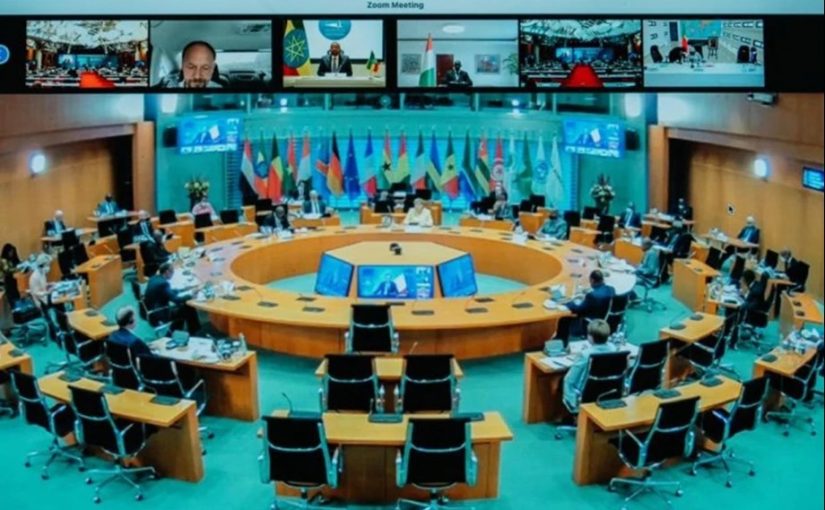Nairobi — Kenya's volume of trade rose from Sh169.65 billion in June 2020 to Sh190.76 billion in July 2020. This is according to a study conducted by the Kenya National Bureau of Statistics which also reveals that the value of total exports increased from Sh48.05 billion in June 2020 to Sh52.00 billion in July 2020. Meanwhile, the value of imports increased from Sh121.60 billion in June 2020 to Sh138.76 billion in July 2020. Domestic exports by Broad Economic Category (BEC) indicated that food and beverages were the main export category in July 2020 accounting for 46.06 percent of exports, while non-food industrial supplies accounted for 22.29 percent of the total exports. The quantity of coffee exported decreased from 5,414.08 MT in June 2020 to 3,546.25 MT in July 2020 and its value dropped from Sh2,956.33 million to Sh1,799.26 million over the same period. The quantity of tea exported increased from 46,399.01 MT in June 2020 to 46,850.57 MT in July 2020. However, the value of exported tea dropped from Sh10,293.00 million to Sh10,013.83 million over the same period. Imports by BEC indicate that non-food industrial supplies were the main import category in July 2020 with a share of 39.35 percent. Machinery & other capital equipment; Fuel and lubricants; and transport equipment constituted 19.26, 12.32, and 8.24, percent of the total value of imports, respectively. Foods and beverages accounted for 9.77 percent of the total imports in July 2020. Read original article
Kenya’s Volume of Trade Rises to Sh190.76 Billion in July – KNBS
Posted on: August 30, 2021
Posted on: August 30, 2021



